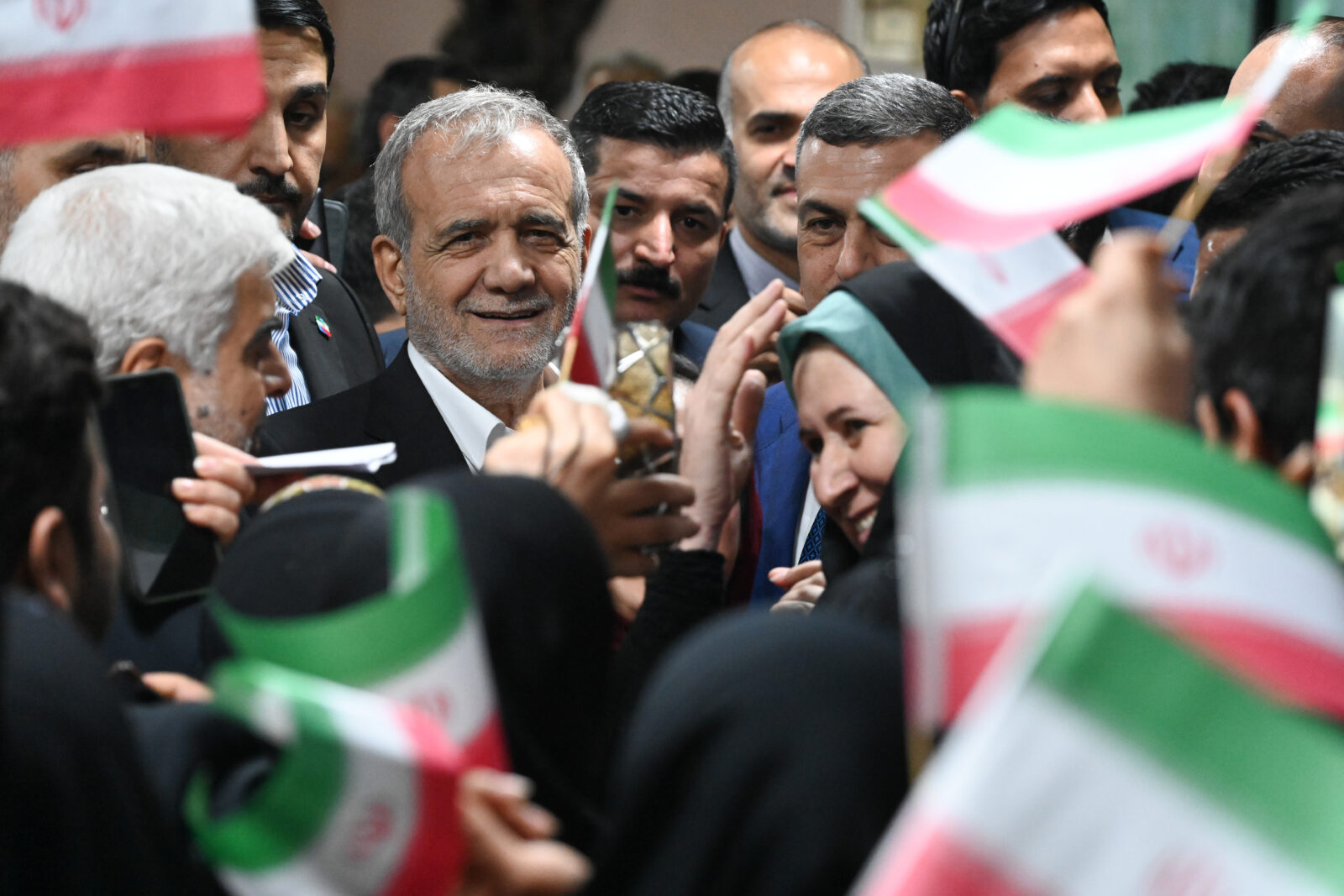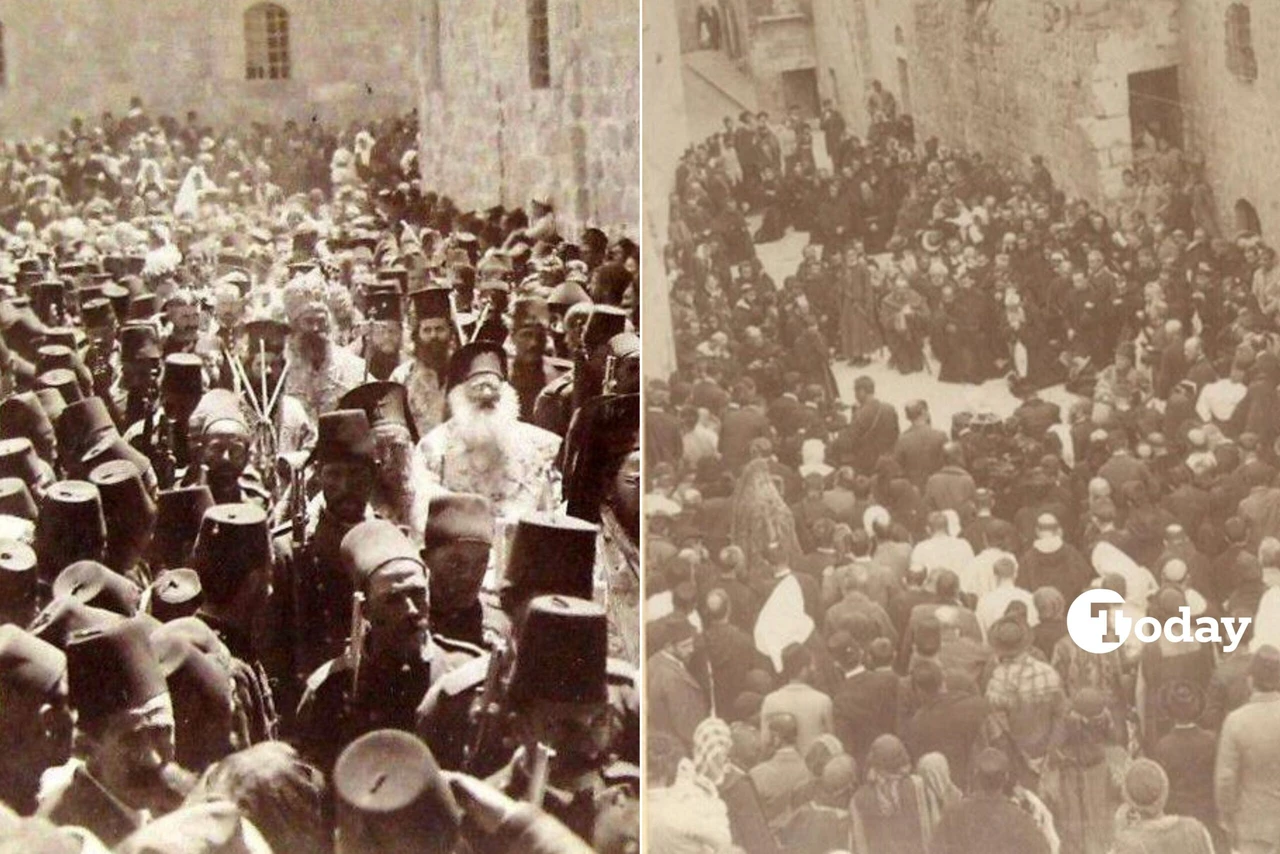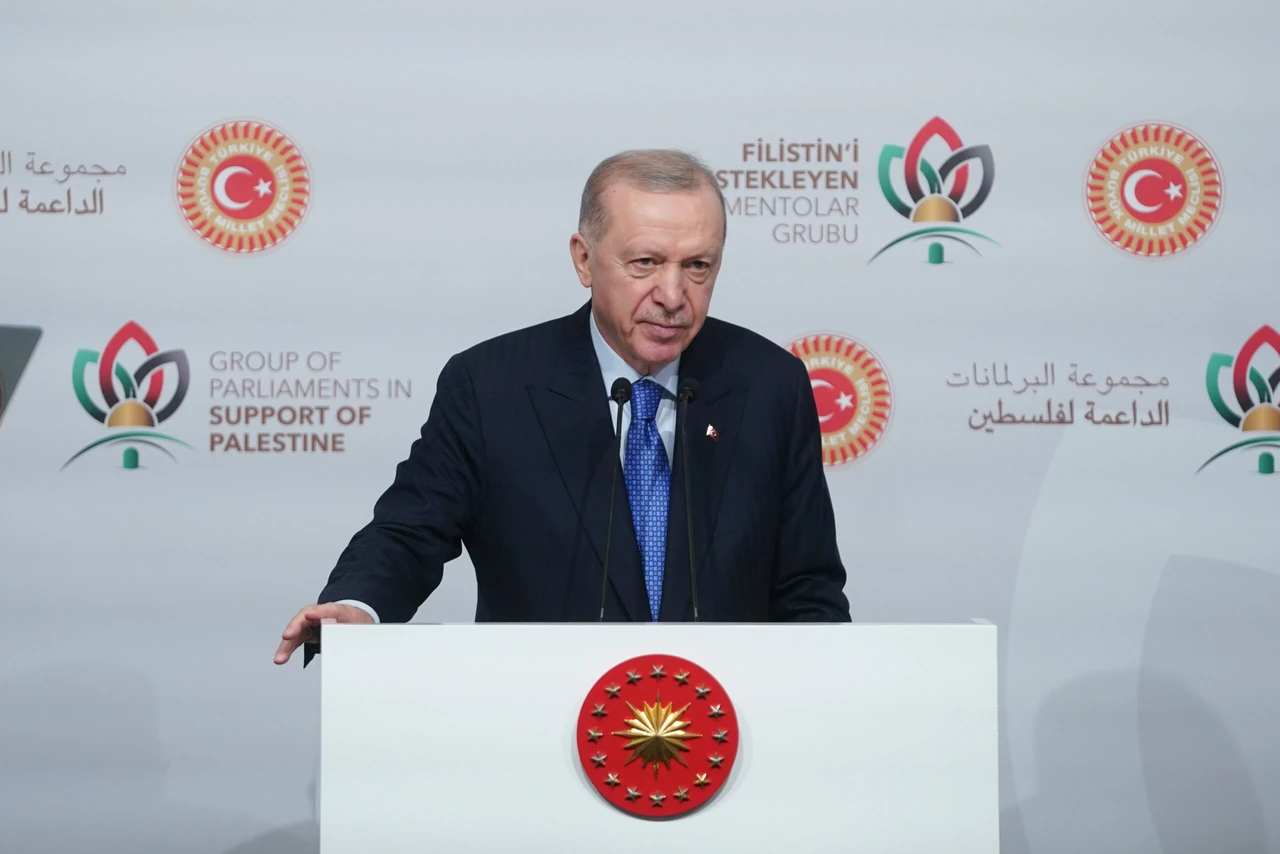National debate intensifies as Iran ends two-year ban on WhatsApp
 WhatsApp logo displayed on phone screen is seen in this illustration photo taken in Poland on Dec. 15, 2024. (AFP Photo)
WhatsApp logo displayed on phone screen is seen in this illustration photo taken in Poland on Dec. 15, 2024. (AFP Photo)
Iran’s Supreme Council of Cyberspace, responsible for overseeing internet policy, voted unanimously on Tuesday to lift the ban on WhatsApp, a popular messaging app that has faced restrictions for over two years, state media reported.
“The ban on WhatsApp and Google Play was removed by unanimous vote of the members of the Supreme Council of Cyberspace,” the official IRNA news agency announced. The council is chaired by the president and includes top officials such as the parliament speaker, the head of the judiciary, and several ministers.
Sattar Hashemi, Minister of Communications, confirmed the decision on X (formerly Twitter), saying, “Today, we took the first step towards lifting internet restrictions with unanimity and consensus.”
Although the council’s decision marks a significant shift, it remains unclear when the ban will be officially lifted.
Recommended
- America heads to polls with millions voting in US presidential elections
- Digital tug-of-war: Countries battle social media with bans, local alternatives in 2024
- Between pleasure and death: Animals in Ottoman Empire
Debate on lifting internet restrictions
The move to ease restrictions has sparked heated debate in Iran. Critics argue that the internet controls have had a detrimental effect on the country’s economy and citizens’ lives.
Presidential adviser Ali Rabiei voiced his support for the decision on X, stating, “The restrictions have achieved nothing but anger and added costs to people’s lives.”
Vice President Mohammad Javad Zarif echoed these sentiments, saying, “President Masoud Pezeshkian believes in removing restrictions and does not consider the bans to be in the interest of the people and the country. All experts agree that these restrictions do not benefit the country’s security.”
However, not all are in favor of lifting the restrictions. The reformist newspaper Shargh reported that 136 lawmakers in Iran’s 290-member parliament sent a letter to the council, warning that the decision could be seen as a “gift to (Iran’s) enemies.”
The lawmakers argued that access to restricted online platforms should only be permitted if they “commit to the values of Islamic society and comply with the laws of” Iran.

Apps still blocked in Iran
Despite the decision, other popular platforms such as Facebook, X, and YouTube remain blocked in Iran, with many citizens relying on VPNs to bypass restrictions. The ban on these platforms has been in place since the 2009 protests, with Instagram and WhatsApp added to the list after the nationwide unrest following the death of Mahsa Amini in September 2022.
Amini, a 22-year-old Iranian Kurd, died while in police custody for allegedly violating Iran’s strict dress code for women, sparking months of protests that saw hundreds killed and thousands arrested.
President Pezeshkian, who took office in July, had pledged during his campaign to ease long-standing internet restrictions.
In recent years, Iran has introduced domestic applications to replace popular foreign platforms. For instance, Neshan and Balad serve as navigation apps, Snapp! and Tapsi are used for ride-hailing, and Bale, Ita, Rubika, and Soroush function as local messaging apps that also offer calling features.
Iran’s Supreme Council of Cyberspace, responsible for overseeing internet policy, voted unanimously on Tuesday to lift the ban on WhatsApp, a popular messaging app that has faced restrictions for over two years, state media reported.
“The ban on WhatsApp and Google Play was removed by unanimous vote of the members of the Supreme Council of Cyberspace,” the official IRNA news agency announced. The council is chaired by the president and includes top officials such as the parliament speaker, the head of the judiciary, and several ministers.
Sattar Hashemi, Minister of Communications, confirmed the decision on X (formerly Twitter), saying, “Today, we took the first step towards lifting internet restrictions with unanimity and consensus.”
Although the council’s decision marks a significant shift, it remains unclear when the ban will be officially lifted.
Debate on lifting internet restrictions
The move to ease restrictions has sparked heated debate in Iran. Critics argue that the internet controls have had a detrimental effect on the country’s economy and citizens’ lives.
Presidential adviser Ali Rabiei voiced his support for the decision on X, stating, “The restrictions have achieved nothing but anger and added costs to people’s lives.”
Vice President Mohammad Javad Zarif echoed these sentiments, saying, “President Masoud Pezeshkian believes in removing restrictions and does not consider the bans to be in the interest of the people and the country. All experts agree that these restrictions do not benefit the country’s security.”
However, not all are in favor of lifting the restrictions. The reformist newspaper Shargh reported that 136 lawmakers in Iran’s 290-member parliament sent a letter to the council, warning that the decision could be seen as a “gift to (Iran’s) enemies.”
The lawmakers argued that access to restricted online platforms should only be permitted if they “commit to the values of Islamic society and comply with the laws of” Iran.

Apps still blocked in Iran
Despite the decision, other popular platforms such as Facebook, X, and YouTube remain blocked in Iran, with many citizens relying on VPNs to bypass restrictions. The ban on these platforms has been in place since the 2009 protests, with Instagram and WhatsApp added to the list after the nationwide unrest following the death of Mahsa Amini in September 2022.
Amini, a 22-year-old Iranian Kurd, died while in police custody for allegedly violating Iran’s strict dress code for women, sparking months of protests that saw hundreds killed and thousands arrested.
President Pezeshkian, who took office in July, had pledged during his campaign to ease long-standing internet restrictions.
In recent years, Iran has introduced domestic applications to replace popular foreign platforms. For instance, Neshan and Balad serve as navigation apps, Snapp! and Tapsi are used for ride-hailing, and Bale, Ita, Rubika, and Soroush function as local messaging apps that also offer calling features.



